
Digital Object Identifier logo
Digital Object Identifiers (DOIs) are the de facto standard in identifying research publications and data on the web. They work by providing a unique identifier to an object (a research paper or dataset) which does not change even if the url that locates that object changes (e.g. if a journal article changes publishers). DOIs should provide a persistent access point to your paper or data.
DOIs are often minted by academic journals or other academic platforms where research publications and data are published. The Open University already mints DOIs for research data uploaded to its research data repository: Open Research Data Online and now DOIs can be minted from its publications repository: Open Research Online.
Open Research Online (ORO)
DOIs can be issued for any publication where the OU is a publisher (or co-publisher) and a (co-)author is a member of OU staff. We are not issuing DOIs where The Open University is not primarily (or in part) responsible for the publication (e.g. we are not issuing separate DOIs for an accepted version of a paper where a DOI already exists for the published version on the journal website.)
Theses
DOIs have been minted to all OU awarded theses in ORO and will be minted for all newly awarded OU theses. DOIs exist for theses either with full text or bibliographic information only. Theses will be minted with DOIs automatically.
Other OU Published materials
Other OU published materials can have DOIs minted on request. We expect research reports published by The Open University to be the other prime use case for DOIs, but we will consider issuing DOIs for any OU published outputs on a case by case basis. Publications can already exist in ORO or be new additions – but they have to be in ORO!
Items already in ORO
To request a DOI for an item already in ORO:
- Click Report Issue / Request Change in an ORO record and in the workflow add a note requesting a DOI in the “Notes to Library Staff”, or
- Contact the Library Research Support mailbox with details
New items
To request a DOI for new items add a note in the “Notes to Library Staff” at point of deposit to indicate a DOI is required. ORO staff will issue a DOI which will be made public when the record is made live in ORO.
Open Research Data Online (ORDO)
One of the major benefits of storing your research data on ORDO is that you receive a Digital Object Identifier (DOI) for every output published, giving you a permanent, citeable link. This ensures you get the recognition for all your research materials, whether they support a publication or not, and means your data can be more readily shared and discovered by others.
DOIs are automatically created for every output published on ORDO (with the exception of permanently embargoed items), and there is the option to create a metadata record and link to datasets deposited or published elsewhere that have not been assigned a DOI.
Not ready to share your data just yet? You can even reserve a DOI, meaning you can add the link to article data access statements ahead of publication. For more information and support on using ORDO, visit the Library Research Support webpages.
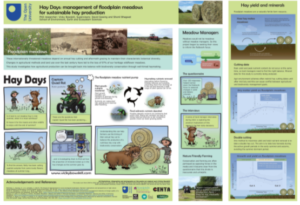
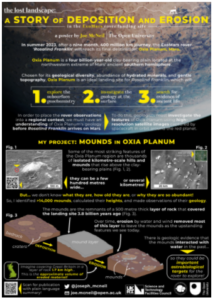

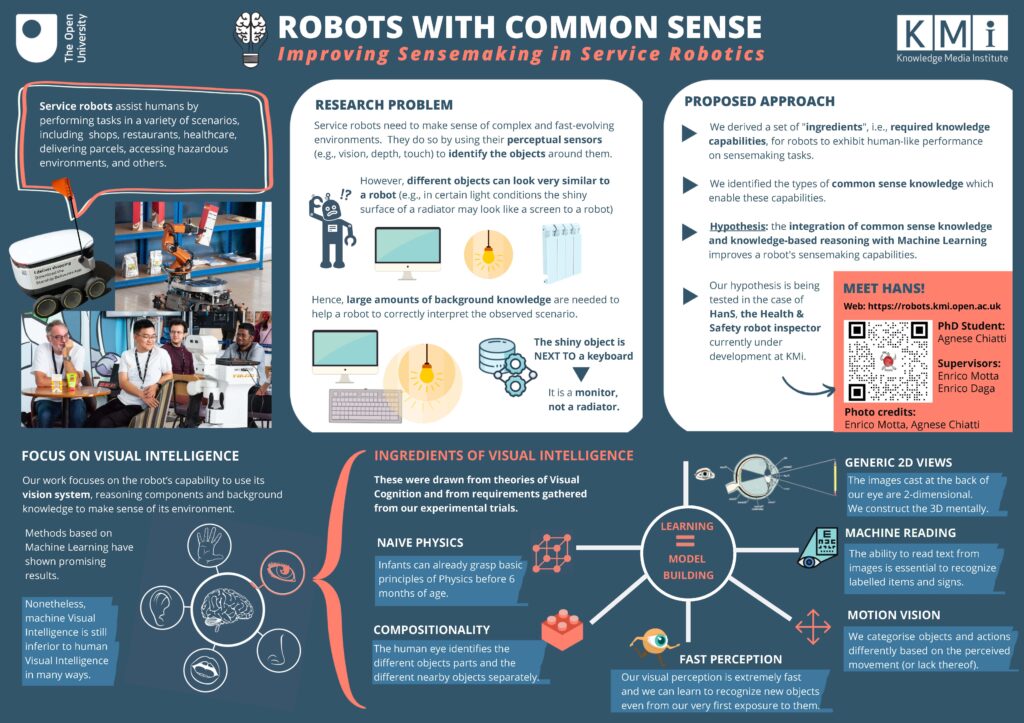


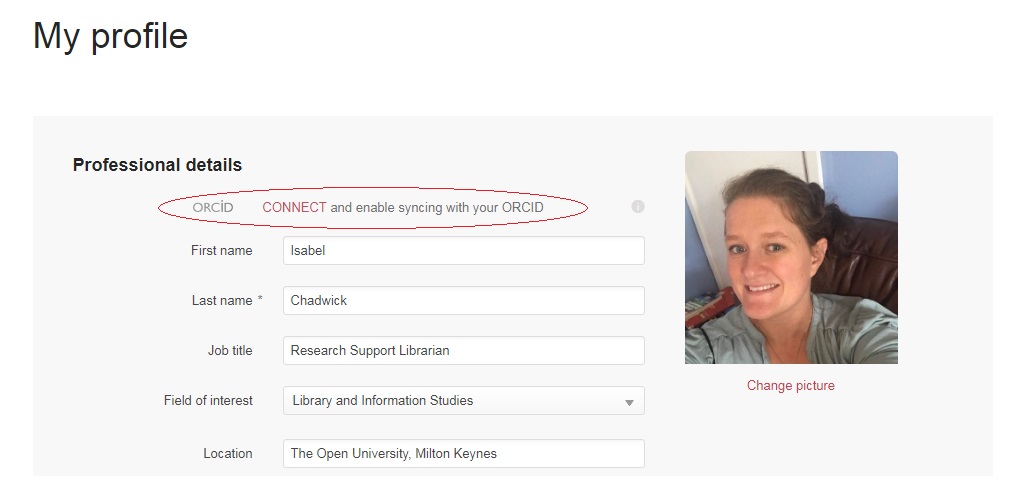
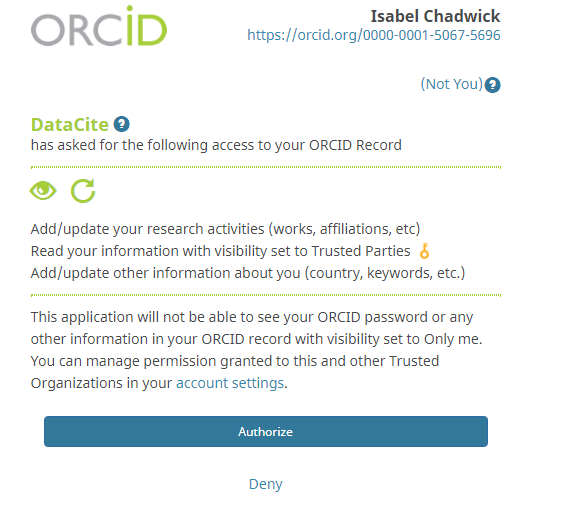
 The latest instalment of my
The latest instalment of my 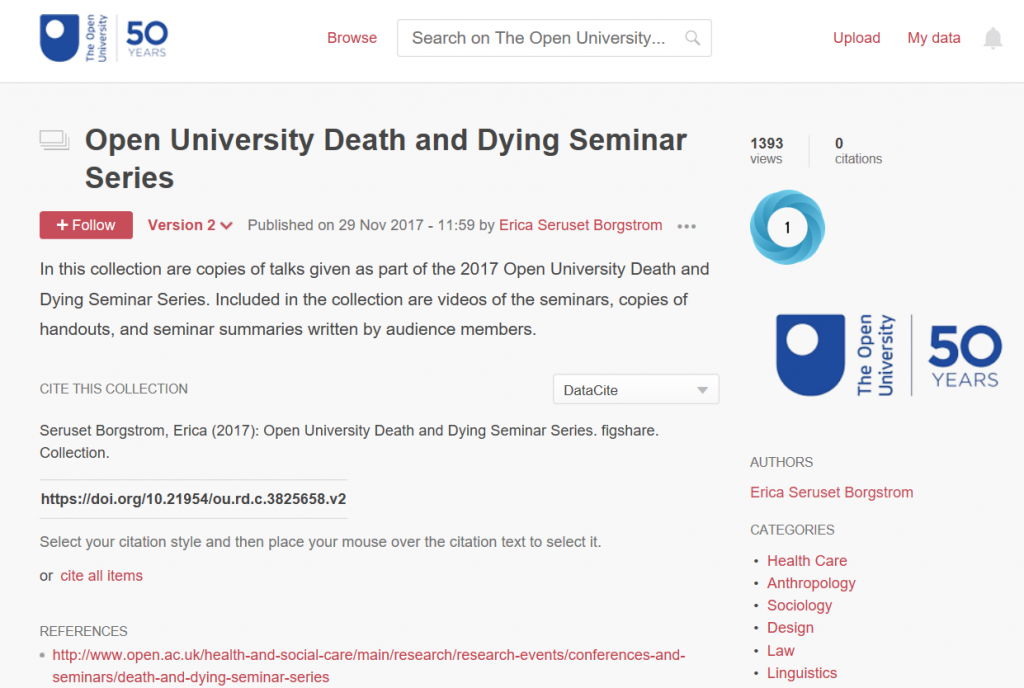
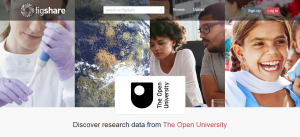 Did you know, on the first Thursday of every month between 14.00 and 15.00 we run an online drop-in for
Did you know, on the first Thursday of every month between 14.00 and 15.00 we run an online drop-in for 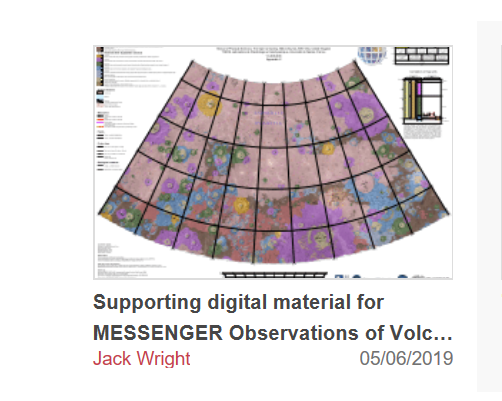
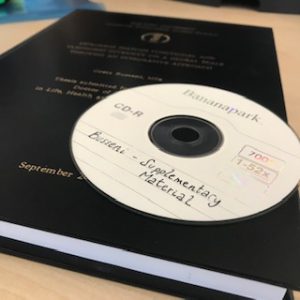

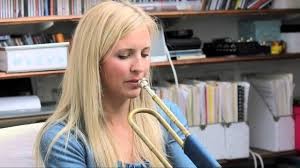
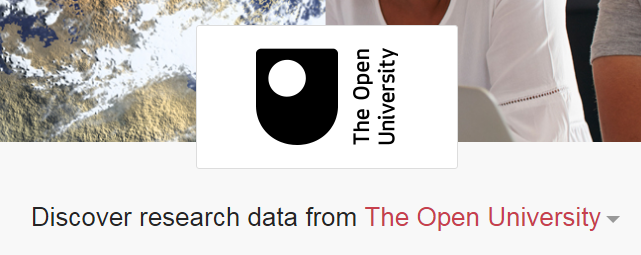
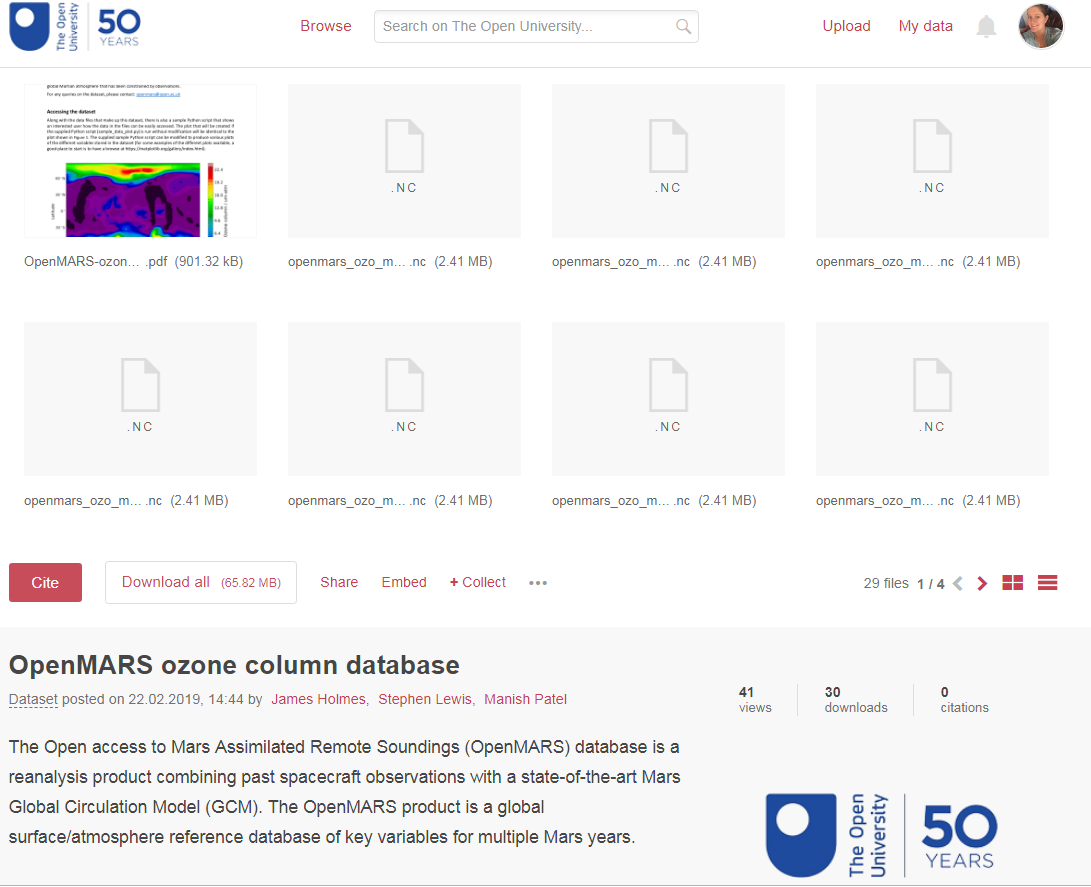 There are four datasets which are published individually and also grouped together as a collection. The most impressive thing about these is the documentation accompanying these datasets, which is excellent:
There are four datasets which are published individually and also grouped together as a collection. The most impressive thing about these is the documentation accompanying these datasets, which is excellent: